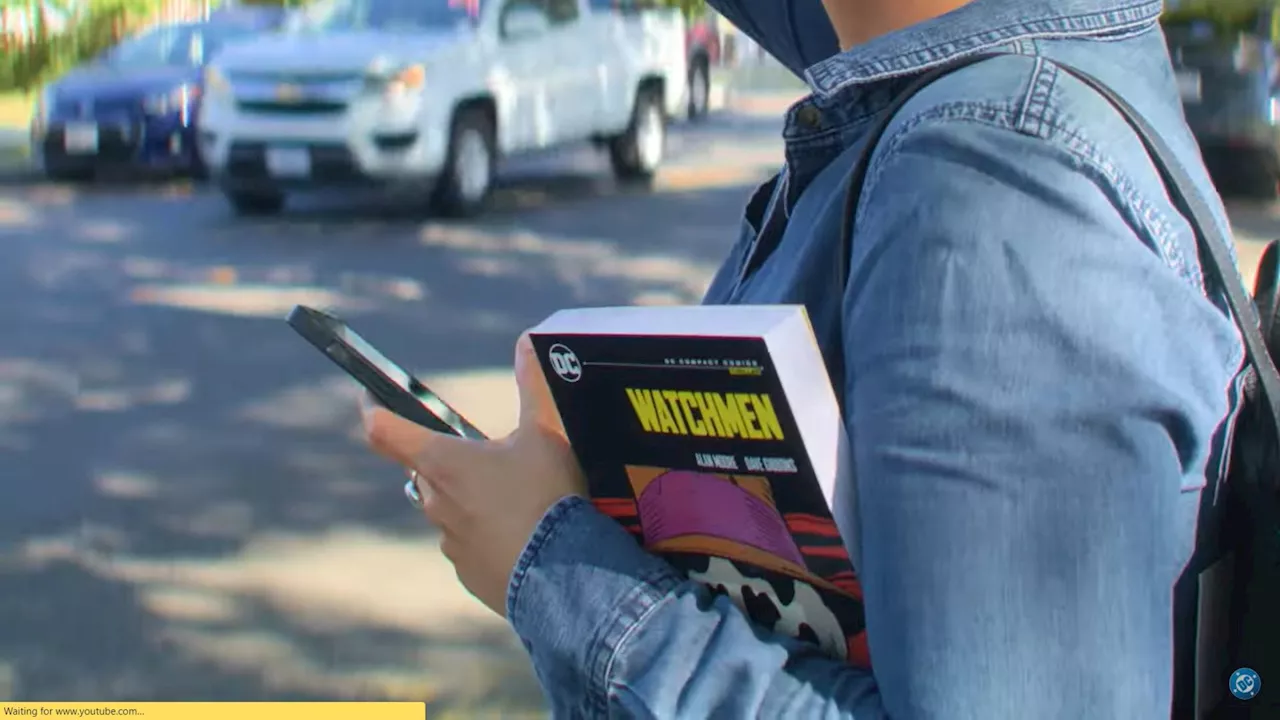The mysterious radio signal from space has consistently eluded explanation, until now.
Sign up for our email newsletter for the latest science newsOne of the most famous events in the history of astronomy is the Wow! Signal that was picked up by Ohio State University’s Big Ear radio telescope in August 1977. The signal entered folklore because it couldn’t be explained by any known natural phenomena and didn’t appear to have originated from Earth.
Enter Abel Mendez at the University of Puerto Rico and colleagues who think they have solved the puzzle and say they know where the Wow! signal came from. If they are correct, the signal is entirely natural but also an example of an entirely new class of false positives that may crop up in other searches for extraterrestrial civilizations.The Big Ear radio telescope was built in 1963 and spent much of its life looking for signs of extraterrestrial life .
And they found something interesting. “We report the detection of narrowband signals near the hydrogen line similar to the Wow! Signal, although two-orders of magnitude less intense and in multiple locations,” say Mendez and co. “The only difference between the signals observed in Arecibo and the Wow! Signal is their brightness.”
In theory, a maser — a device that amplifies electromagnetic waves through stimulated emission — could generate signals that are billions of times stronger than those from ordinary hydrogen clouds and so could easily account for the intensity of the Wow! Signal.
United Kingdom Latest News, United Kingdom Headlines
Similar News:You can also read news stories similar to this one that we have collected from other news sources.
 Some black holes have a 'heartbeat' — and astronomers may finally know whyPaul M. Sutter is a research professor in astrophysics at SUNY Stony Brook University and the Flatiron Institute in New York City. He regularly appears on TV and podcasts, including 'Ask a Spaceman.' He is the author of two books, 'Your Place in the Universe' and 'How to Die in Space,' and is a regular contributor to Space.
Some black holes have a 'heartbeat' — and astronomers may finally know whyPaul M. Sutter is a research professor in astrophysics at SUNY Stony Brook University and the Flatiron Institute in New York City. He regularly appears on TV and podcasts, including 'Ask a Spaceman.' He is the author of two books, 'Your Place in the Universe' and 'How to Die in Space,' and is a regular contributor to Space.
Read more »
 Have astronomers found the 'secret recipe' for rapid planet growth?Robert Lea is a science journalist in the U.K. whose articles have been published in Physics World, New Scientist, Astronomy Magazine, All About Space, Newsweek and ZME Science. He also writes about science communication for Elsevier and the European Journal of Physics. Rob holds a bachelor of science degree in physics and astronomy from the U.K.
Have astronomers found the 'secret recipe' for rapid planet growth?Robert Lea is a science journalist in the U.K. whose articles have been published in Physics World, New Scientist, Astronomy Magazine, All About Space, Newsweek and ZME Science. He also writes about science communication for Elsevier and the European Journal of Physics. Rob holds a bachelor of science degree in physics and astronomy from the U.K.
Read more »
 Astronomers have found leftover 'zombie star' from supernova shone in the night sky 1,000 years agoThe object, now known as SN 1181, is one of a handful of supernovas documented before the invention of telescopes, and it has puzzled astronomers for centuries.
Astronomers have found leftover 'zombie star' from supernova shone in the night sky 1,000 years agoThe object, now known as SN 1181, is one of a handful of supernovas documented before the invention of telescopes, and it has puzzled astronomers for centuries.
Read more »
 Astronomers have found leftover 'zombie star' from supernova shone in the night sky 1,000 years agoThe object, now known as SN 1181, is one of a handful of supernovas documented before the invention of telescopes, and it has puzzled astronomers for centuries.
Astronomers have found leftover 'zombie star' from supernova shone in the night sky 1,000 years agoThe object, now known as SN 1181, is one of a handful of supernovas documented before the invention of telescopes, and it has puzzled astronomers for centuries.
Read more »
 DC Finally, Finally Makes A Decent Ad For Their Compact Comics LineDC's greatest stories—portable and only $9.99! The first six DC Compact Comics are available now, with more titles to come through October and beyond. http://www.dc.com/compactcomics
DC Finally, Finally Makes A Decent Ad For Their Compact Comics LineDC's greatest stories—portable and only $9.99! The first six DC Compact Comics are available now, with more titles to come through October and beyond. http://www.dc.com/compactcomics
Read more »
 A NASA Rocket Has Finally Found Earth's Global Electric FieldAfter 60 years of wondering and hypothesizing, scientists have found Earth's ambipolar global magnetic field. But what role does it play?
A NASA Rocket Has Finally Found Earth's Global Electric FieldAfter 60 years of wondering and hypothesizing, scientists have found Earth's ambipolar global magnetic field. But what role does it play?
Read more »
